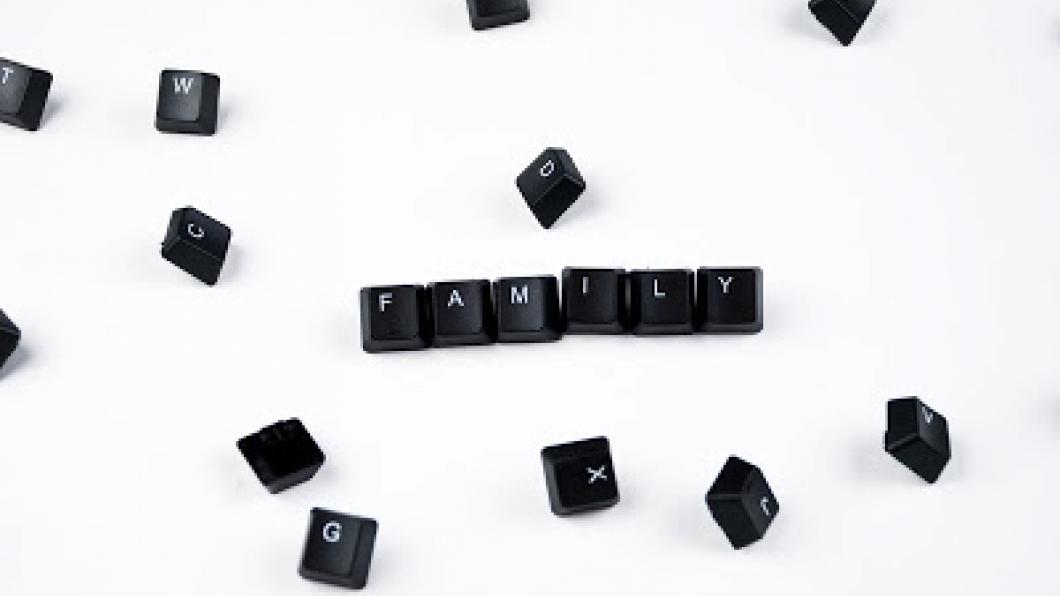
He ain't heavy, he's my brother
Pamela Merritt, 40, talked about being co-guardian with her sister of her 42-year-old brother, who has profound autism, at the Healthminder day at BlogHer 13 in Chicago.
"I was five years into the guardianship when I said 'this is for life,' Pamela of St. Louis, said. "I have to pace myself. There is no end game."
Pamela and her sister live about 15 minutes from her brother's group home, "so we can drop by unannounced and give him an active social life," she said. "If I didn't have my brother I wouldn't live in St. Louis, but he can't move and that's a sacrifice I'm willing to make."
Pamela says the greatest struggle "is to maintain his sense of worth and ensure he's participating in the community." She said he had a wonderful job that gave him a great sense of pride. "He would get up at 4 a.m. to go in at 10 a.m. When he went to the bank to deposit his pay cheque he would shake everyone's hand."
Because her brother receives Medicaid and food assistance ($160 a month), he had to give up the job. "If you work you're seen as taking advantage of the system, a freeloader," she said.
Her role as a sibling guardian is often not recognized, she said, particularly at work. "There's a huge understanding from co-workers if you need to leave work for a child, but not for an autistic man who is your brother. The guilt you feel over a sibling is the same as the guilt you feel over any loved one."
Pamela uses her blog as a place to vent about the challenges. To protect her brother's privacy, "I talk about it from my perspective: 'This is how it's impacting me.'"
For example, in this post she said: "My brother has had a rough couple of months. I can't get into the details...
"Suffice it to say he’s frustrated and letting the whole world know.
And I’m a mess.
Because I can’t cast rainbows across the sky.
I can’t fix it with a snap of my fingers."
Pamela said she relies on the support of her blog readers to help her get to a place where she can problem-solve. "I give myself permission to not be all that perfect, which is hard for me," she said. "You have to give a person permission to be human, to stumble, to cry and laugh, and say inappropriate things on Twitter."
Pamela said it was important for children to know that it's okay to sometimes be embarrassed or resentful of their sibling with disabilities. For example, she described coming home one day to find her brother outside their house in his underwear, eating an apple.
"I knew it was okay to resent my brother the same way my friends resented theirs," she said. "I get angry with autism sometimes. I wanted to be perfect as a child because I never wanted my mother to have to deal with me in addition to my brother."
In becoming a guardian "there's no way to plan for what we walked into," she said. "You can only plan to have to learn."
Pamela relies on social media tools to help cope. For example, she has a scheduled Skype chat with her brother from work once a week. When it's her brother's birthday, relatives who live too far away to attend the party participate through a video chat. And Pamela uses Google Hangouts to stay connected to her girlfriends.